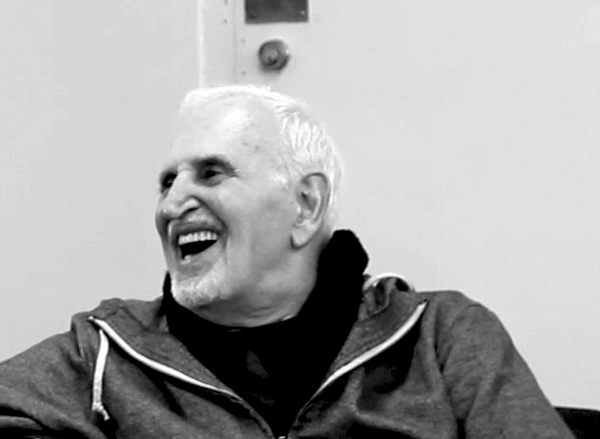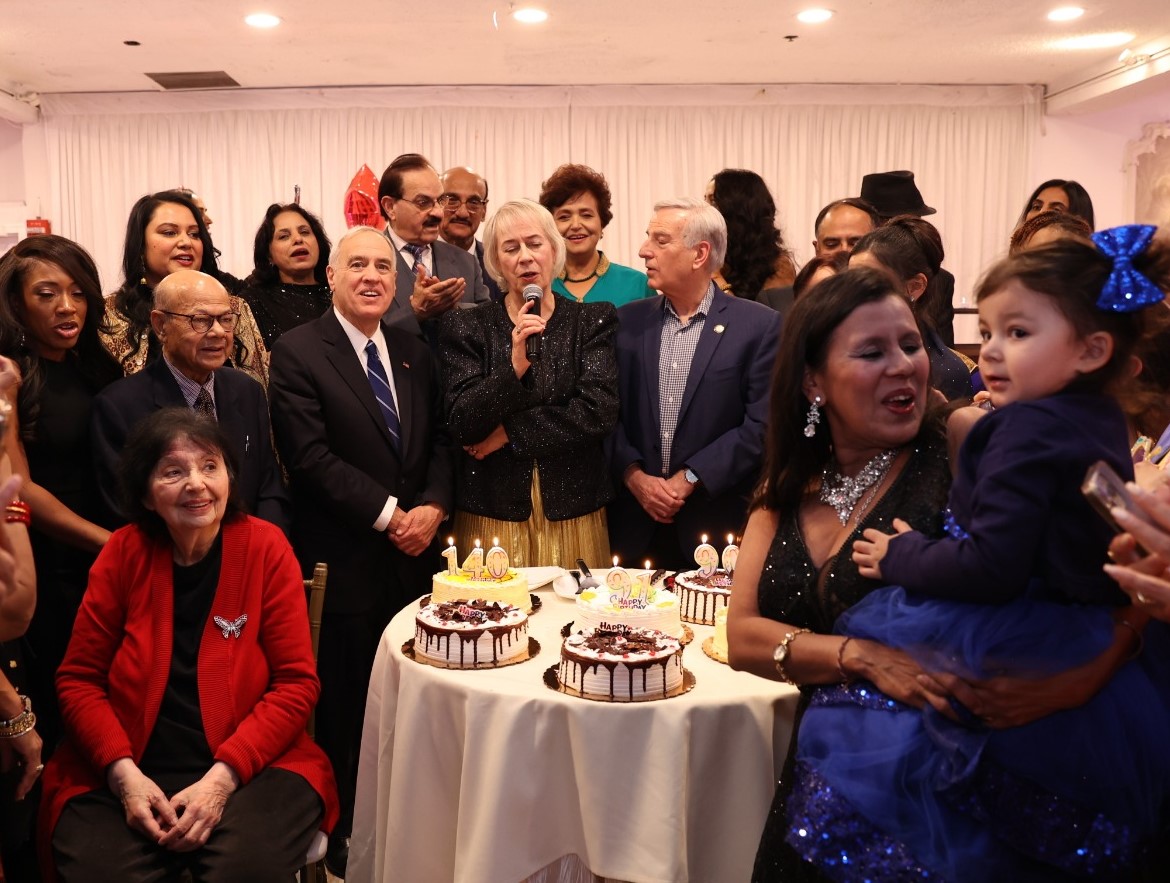
BY ALBERT AMATEAU | Manny Roth, who opened Café Wha? in the basement of an old MacDougal St. horse stable in 1959 and became where comedy and music stars got their starts, died July 25 in his home in Ojai, Calif. He was 94.
Under Roth’s aegis, the likes of Bob Dylan, Jimmy Hendrix, Dave Van Rock, Woody Allen, Richard Prior, Lenny Bruce and Bill Cosby played to their first audiences. Mary Travers, later the Mary of Peter Paul and Mary, was a waitress there.
An ad for Café Wha? in its heyday had a picture of a bearded man wearing a beret and dark glasses and the phrase, “Greenwich Village’s Swingingest Coffee House.”
The takings from the basket passed among the audience were at first the only pay, except for free meals, for the performers who included jazz musicians, conga drummers, folk singers, standup comedians and rock bands.
Tuesdays were hootennany nights, when anyone could get on stage and do a short turn. It was a cold Tuesday hootenany on Jan. 24, 1961, when a 19-year-old Bob Dylan blew in from Minnesota and wowed the patrons at Café Wha?, according to a New York Times obituary by Douglas Martin.
Dylan got a regular gig at Wha? playing harmonica in the house band but Roth fired him after the third time in a row that he was late for performance.
In 1967, Roth hired an obscure New Jersey band, the Castiles, fronted by an unknown Bruce Springsteen to play for teenagers in the afternoon.
But the meager income from coffee, food and a cover charge that rose as high as five dollars, wasn’t enough to sustain the place and Roth abandoned the club in 1968 but kept the lease, according to Noam Dworman, who has been running Café Wha? since 1988.
Roth moved to Woodstock with his son and daughter, ran a diner, and for some time owned a local club, the Woodstocker, Dworman recalled. The old Café Wha? at 115 MacDougal St. had various incarnations in the 1970s under other names. “I think Richie Havens tried to run a place there for a while,” said Dworman, whose late father, a friend of Roth’s, ran a Mid-Eastern coffee shop, Feenjon, at 117 MacDougal St. In the early 1980s, Roth allowed Dworman senior to move the Feenjon to the old Café Wha? basement next door.
In 1988, Noam Dworman convinced his father to let him convert the Feenjon at 115 MacDougal into a rock club and revive the old Café Wha? name. Roth, by that time, was living in California and was not happy about giving up the name, Dworman said. Lawyers determined that the name had been unused for long enough to allow its legal use by a new owner. “Manny decided to give it up, and he began enjoying the attention he got as the founder of the original Café Wha?” Dworman said.
Manuel Lee Roth was born in November 1919 in New Castle, Ind., where his family owned a grocery store. He went to the University of Miami where he majored in theatre and business but left to join the Army Air Corps during World War II. He served as a navigator on bombing runs over Germany and earned a Distinguished Flying Cross.
After the war he helped run a USO theater in Germany and returned to finish college and study acting in New York. In the late 1950s he started a club, the Cock and Bull, at 147 Bleecker St. It failed, but it later became The Bitter End under a different owner. In 1959, he leased the former MacDougal St. stable and bought a truckload of broken marble to lay the floor of what became Café Wha?.
Survivors include his daughter, Jodi; his son, Brandon; his wife, the former Marlyse Medel; his sister, Jami Roth; and his brother, David.
































